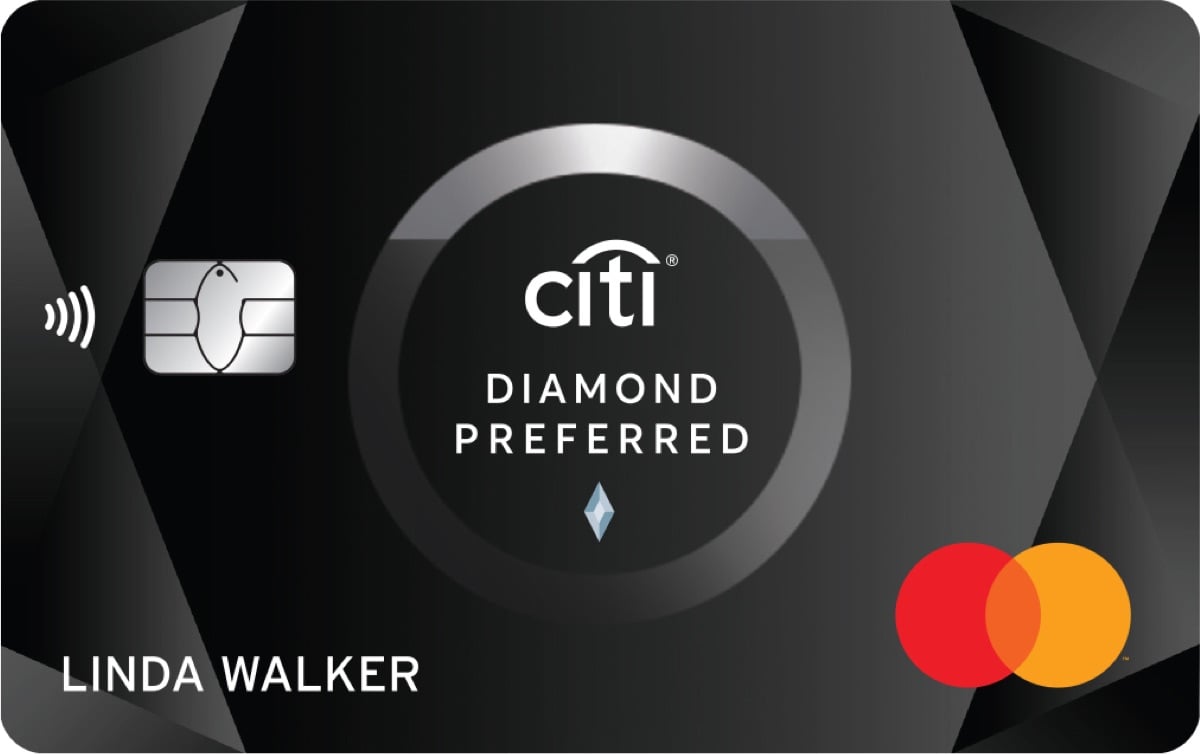Aspire Platinum Rewards Review: A Triple Threat vs. Debt
The Bottom Line
2.0
This card offers some hard-to-find features for those looking to pay down debt, and its modest rewards may make it worth keeping around afterward.


Rates, fees and offers
Rates, fees and offers
Annual fee
$0
Rewards rate
1.00%
Bonus offer
5,000 Bonus Rewards Points after spending $2,000 in the first 3 months
Intro APR
0% intro APR on balance transfers for the first 6 months
Ongoing APR
APR: 10.90%-18.00%, Variable
Cash Advance APR: 18.00%, Variable
Balance transfer fee
A balance transfer fee will not be charged during the first six months following the opening of your account. After the promotional period, $5 or 2% of the amount of each balance transfer, whichever is greater.
Foreign transaction fee
1%
More details from Aspire Federal Credit Union
More details from Aspire Federal Credit Union
- Generous credit limits.
- No annual fee.
- 5,000 Bonus Rewards Points after spending $2,000 in the first 3 months – that includes balance transfers!
- Mastercard Benefits: Extended warranties, price protection, ID theft resolution
- 0% introductory APR* on balance transfers for the first six months
Pros and Cons
Pros
No annual fee
0% intro APR on balance transfers for the first six months
Cons
Credit union membership required
Detailed Review
» This card is no longer available
July 13, 2021: This review is out of date. Aspire Credit Union merged into PenFed Credit Union on April 1, 2021. Existing Aspire credit cards were changed to PenFed Credit Union cards. To learn more about these cards, visit our page on the best PenFed Credit Union credit cards.
The Aspire Platinum Rewards Mastercard® showcases some coveted features for a card designed primarily for tackling debt.
For starters, it offers the sought-after trifecta of zeroes: a $0 annual fee, a 0% intro APR period, and a $0 balance transfer fee for balances transferred during the first six months of opening an account. That's an impressive combo.
It also offers a sign-up bonus — toward which balance transfers count — and its ongoing rewards can make it a useful card long after you've crushed your debt.
You'll have to be a member of Aspire Federal Credit Union to get the card. And if you're looking to transfer a particularly large balance, you can find cards that offer much lengthier intro APR periods.
Aspire Platinum Rewards Mastercard®: Basics
Card type: Rewards and balance transfer.
Annual fee: $0.
Sign-up bonus: 5,000 Bonus Rewards Points after spending $2,000 in the first 3 months, an offer Aspire notes is worth $50 in cash back.
Rewards: 1 point for every $1 spent.
Points are worth 1 cent a piece regardless of the redemption option you choose. You can redeem points for travel, cash back, gift cards and merchandise through the CURewards website or app for iPhone and Android devices. Bonus points are also up for grabs through the CURewards website when you shop at participating merchants.
APR: 0% intro APR on balance transfers for the first six months, and then the ongoing APR of 10.90%-18.00% Variable.
Foreign transaction fee: 1%.
Balance transfer fee: $0 for balances transferred during the first six months of opening an account. After that, it’s either $5 or 2% of the amount of each transfer, whichever is greater.
Mastercard benefits: Extended warranties, price protection, ID theft resolution.
Compare to Other Cards
Benefits and Perks
Low fees
There's no yearly cost to carry the card, no fee for transferring a balance during the first six months, an intro APR period for balance transfers, and a lower-than-average 1% foreign transaction fee. (Many cards charge a 3% fee.) All together, this means more of your money can go toward paying down your debt.
A sign-up bonus that rewards the balance transferred
Unlike most credit cards, when you transfer a balance to the Aspire Platinum Rewards Mastercard®, it counts toward earning the card's sign-up bonus. Most credit cards specifically prohibit this.
A 0% intro APR offer and a potentially low ongoing interest rate
The card provides a short break from interest payments when you transfer a balance. Get 0% intro APR on balance transfers for the first six months, and then the ongoing APR of 10.90%-18.00% Variable. Even that ongoing interest rate range is decent and might be lower than your current one, depending on what you qualify for. The average APR charged in the fourth quarter of 2018 for credit card accounts that incurred interest was 16.86%, according to the Federal Reserve.
Modest rewards
The Aspire Platinum Rewards Mastercard® offers 1 point per $1 spent on all purchases. It's a low rewards rate, but some balance transfer credit cards don’t offer rewards at all. To keep your finances simple, you may want to avoid putting expenses on the card until you pay off your transferred balance.
Drawbacks and Considerations
Membership is required
Membership at New Jersey-based Aspire Federal Credit Union is available to employees of participating organizations and their qualifying family and household members. You may also be able to join as a member of the Marine Mammals Stranding Center, Aspire's partner association, and by depositing $5 into an Aspire Federal Credit Union bank account. (See eligibility requirements here.) Other balance transfer card options allow you to sidestep membership hurdles, but may come with drawbacks of their own. With the Barclaycard Ring® Mastercard®, for example, balances transferred within the first 45 days get an intro APR period but incur a balance transfer fee. Balances transferred after that don’t incur a balance transfer fee, but you’ll have to pay the ongoing APR. You can't have both.
Short intro APR period
You can get a longer introductory APR elsewhere if you’re willing to compromise on the balance transfer fee. Consider the Discover it® Chrome. It offers an intro 0% intro APR on Purchases for 6 months and 0% intro APR on Balance Transfers for 18 months, and then the ongoing APR of 17.49%-26.49% Variable APR. It has a $0 annual fee and a 3% intro balance transfer fee and up to a 5% fee on future balance transfers (see terms.)
Not ideal for those without credit card debt
If you have good credit and are in the habit of paying off your balance in full each month, other credit cards can reward you much more handsomely. If you prefer credit unions, the Alliant Cashback Visa® Signature Credit Card offers 3% cash back on all purchases made in the first year, and 2.5% after that. It does have an annual fee, however: $0. If you favor a $0 annual fee, the PenFed Platinum Rewards Visa Signature® Card earns 5 points per $1 on gas purchases at the pump and electric vehicle charging stations; 3 points per $1 on supermarket purchases, restaurants and dining, plus TV, radio, cable, and streaming services; and 1 point per $1 on all other purchases. Both of these credit unions offer memberships with a qualifying donation. Or opt for a rewards credit card from a major issuer, where membership isn't required.
To see how these options stack up with the competition, see our roundup of the best credit card offers right now.
How To Decide If It's Right For You
The Aspire Platinum Rewards Mastercard® offers a hard-to-find combination of debt-busting features, along with modest rewards and some unique perks.
But if you're not interested in joining a credit union or you need a longer interest-free window for balance transfers, explore other options.
Looking For Something Else?
Methodology
NerdWallet reviews credit cards with an eye toward both the quantitative and qualitative features of a card. Quantitative features are those that boil down to dollars and cents, such as fees, interest rates, rewards (including earning rates and redemption values) and the cash value of benefits and perks. Qualitative factors are those that affect how easy or difficult it is for a typical cardholder to get good value from the card. They include such things as the ease of application, simplicity of the rewards structure, the likelihood of using certain features, and whether a card is well-suited to everyday use or is best reserved for specific purchases. Our star ratings serve as a general gauge of how each card compares with others in its class, but star ratings are intended to be just one consideration when a consumer is choosing a credit card. Learn how NerdWallet rates credit cards.
About the author

Melissa Lambarena
Senior Writer & Content Strategist


